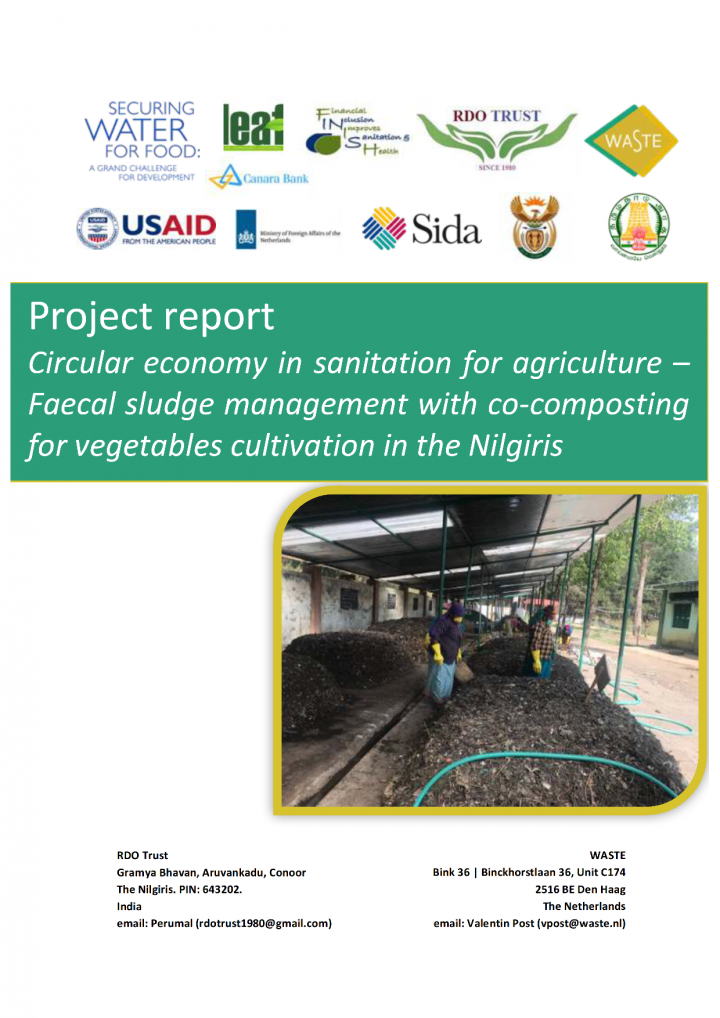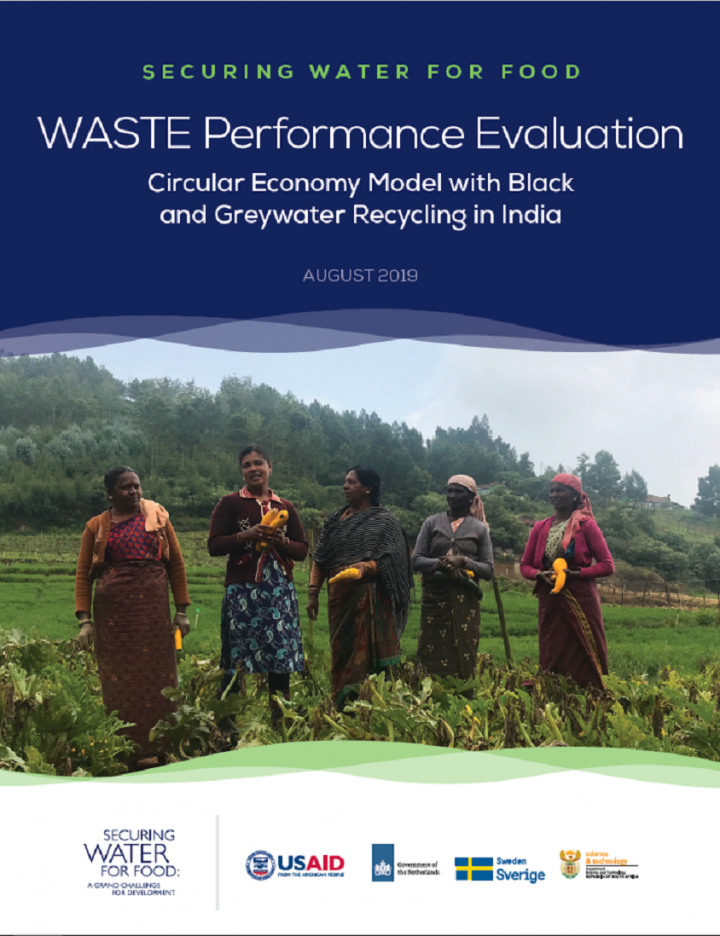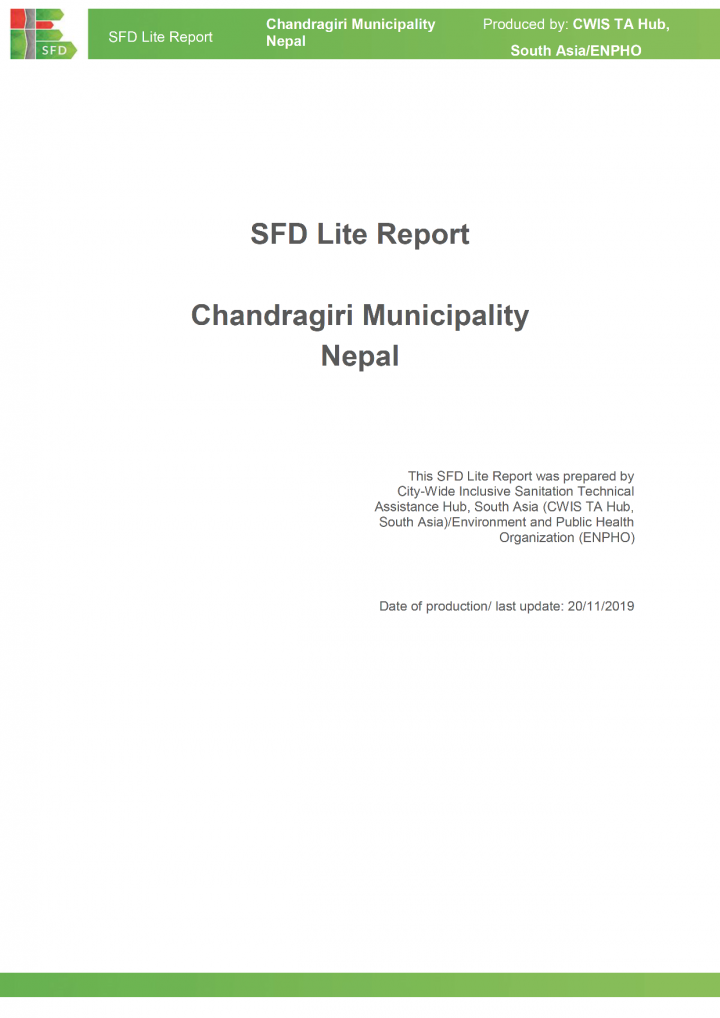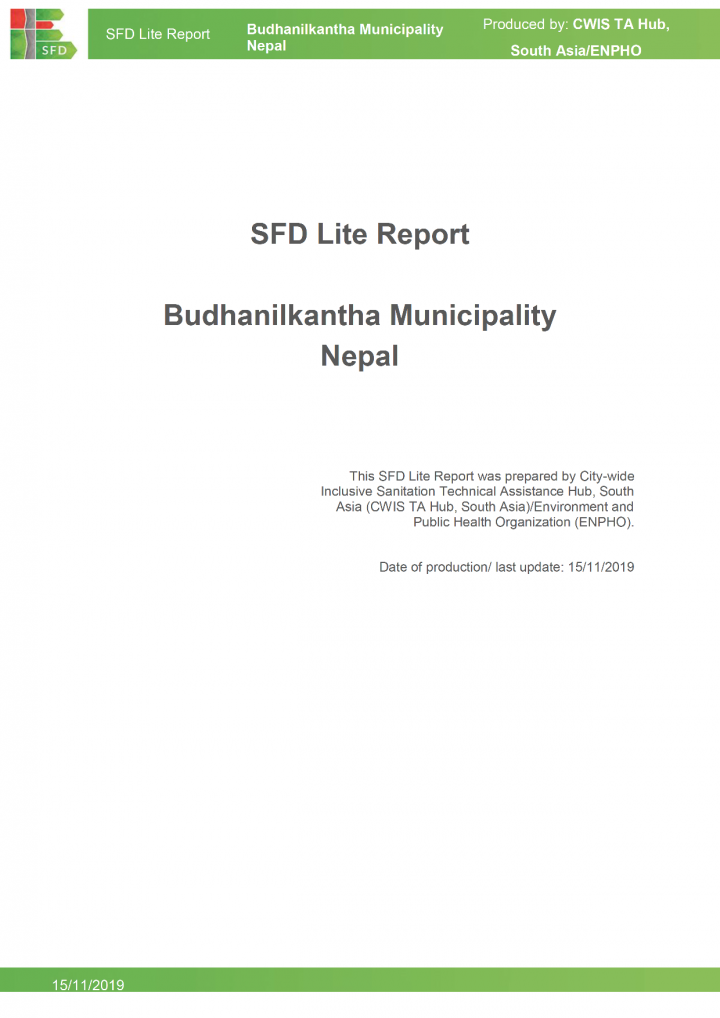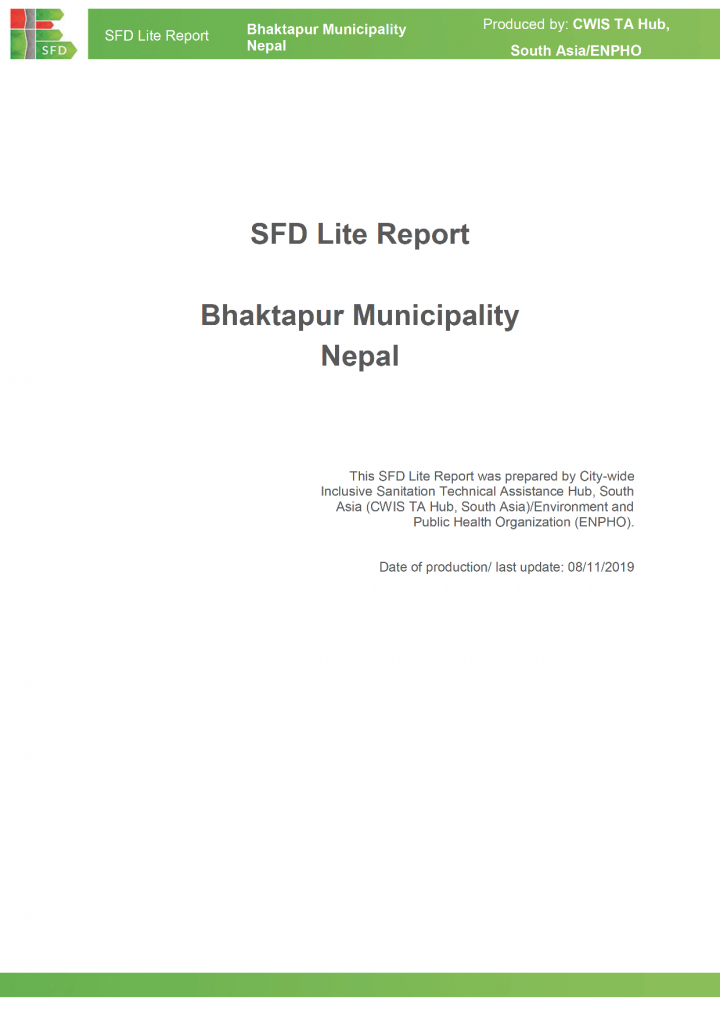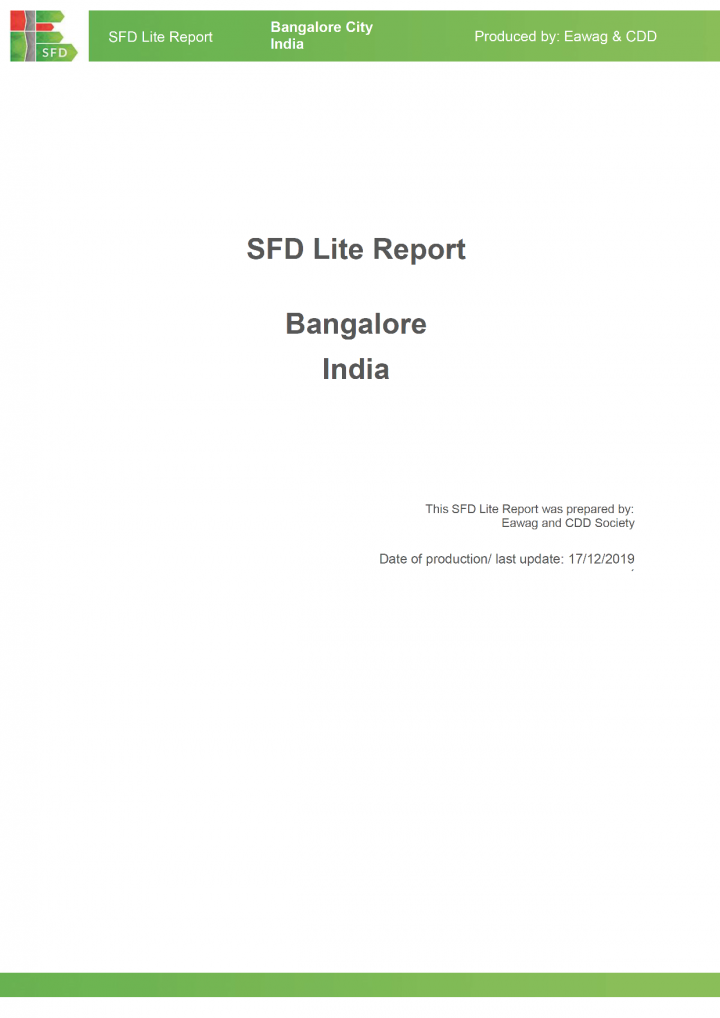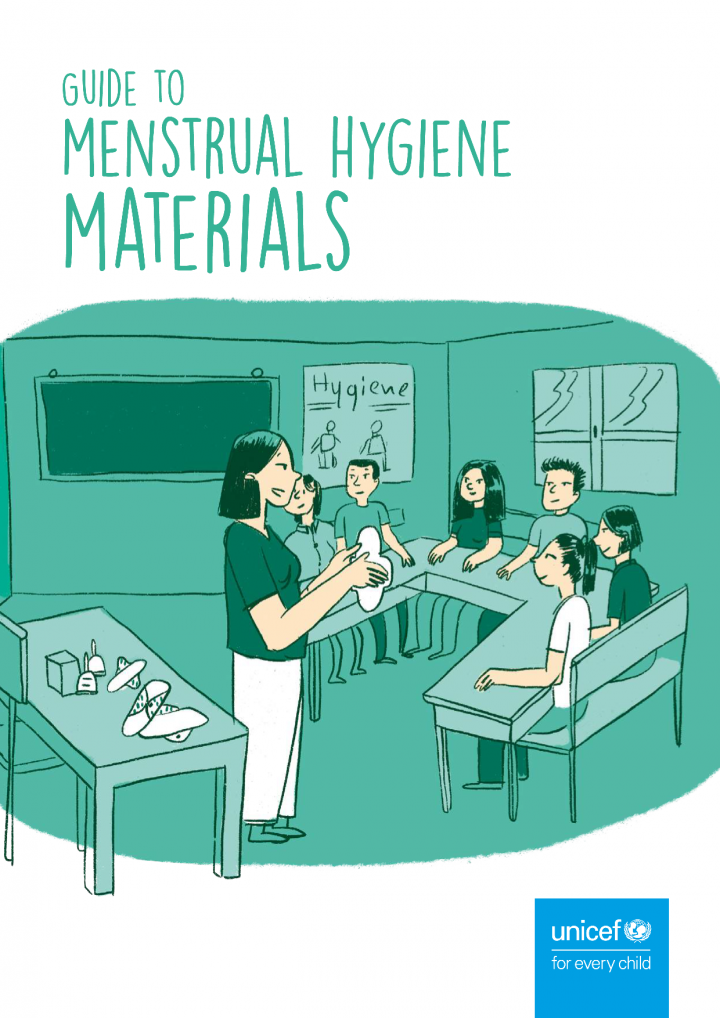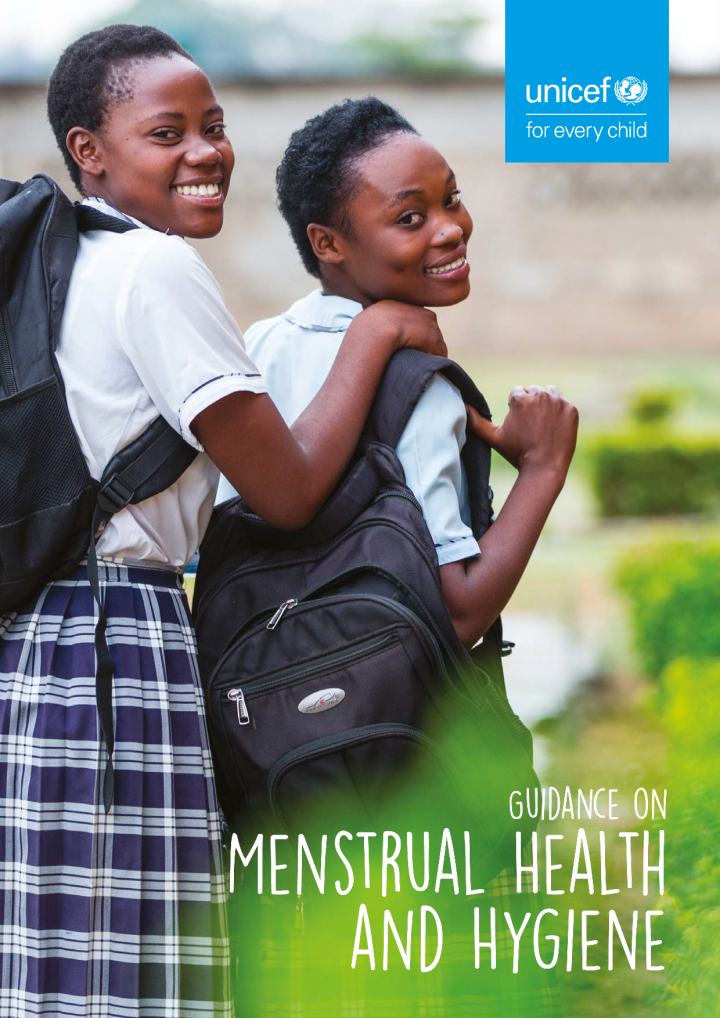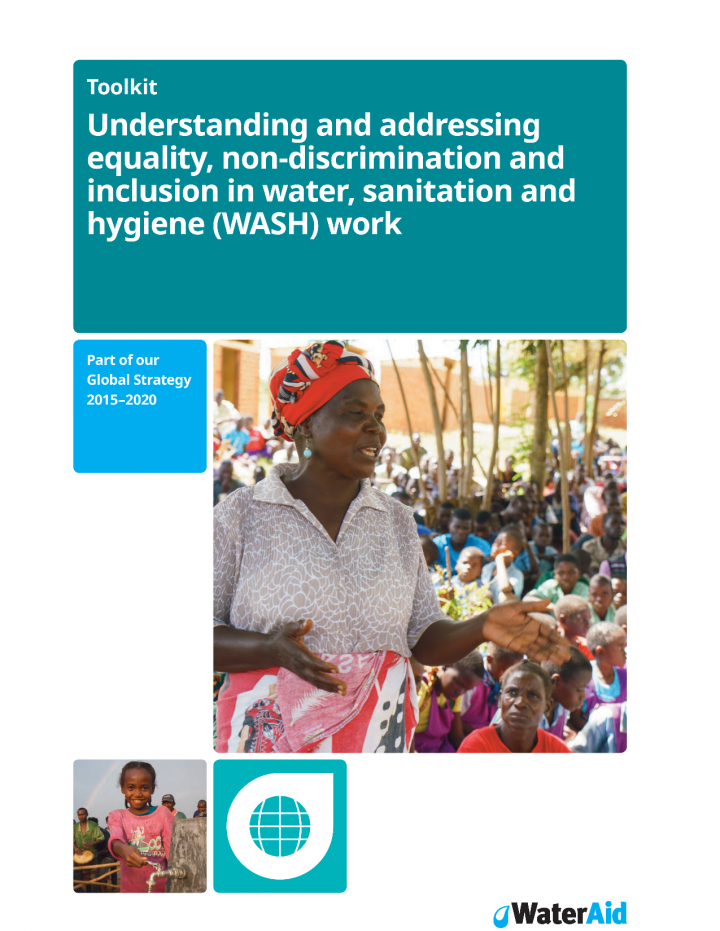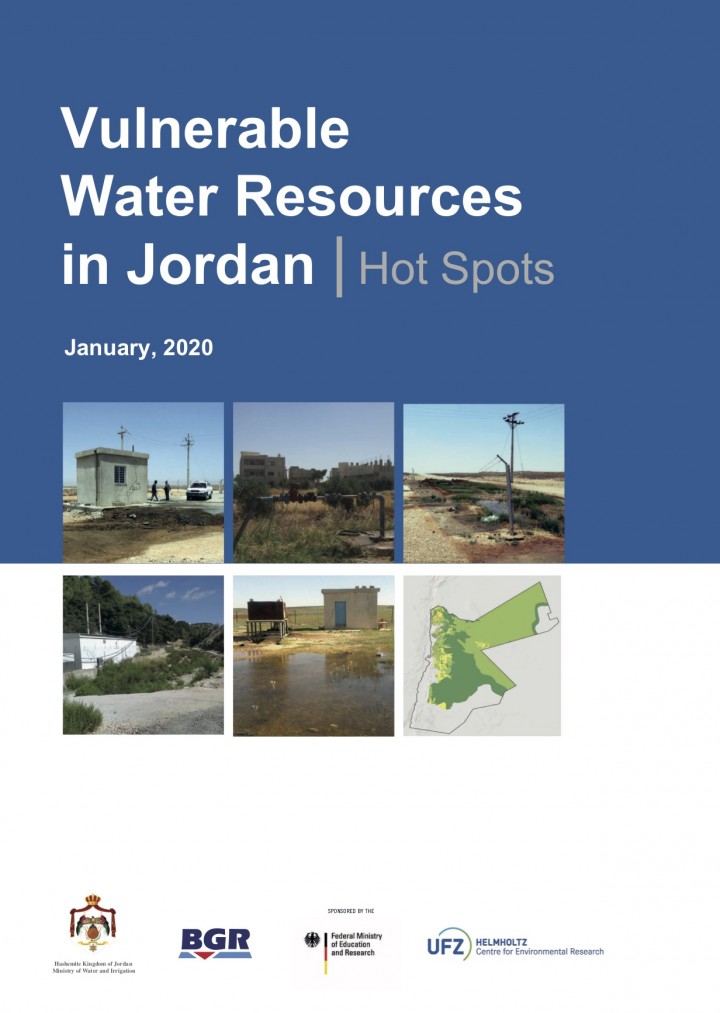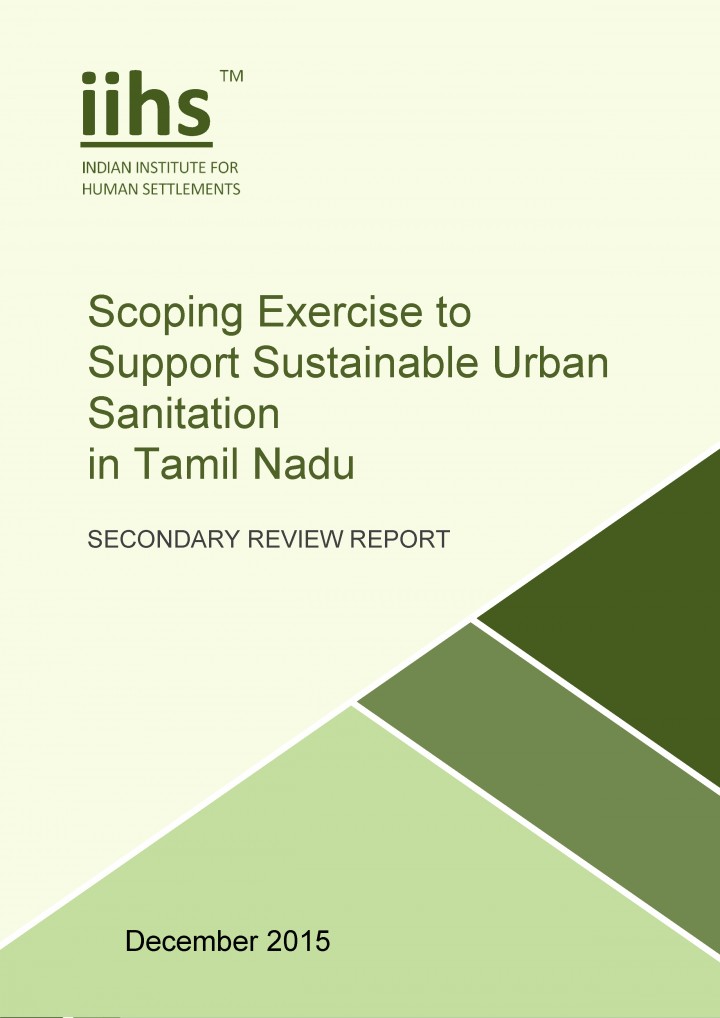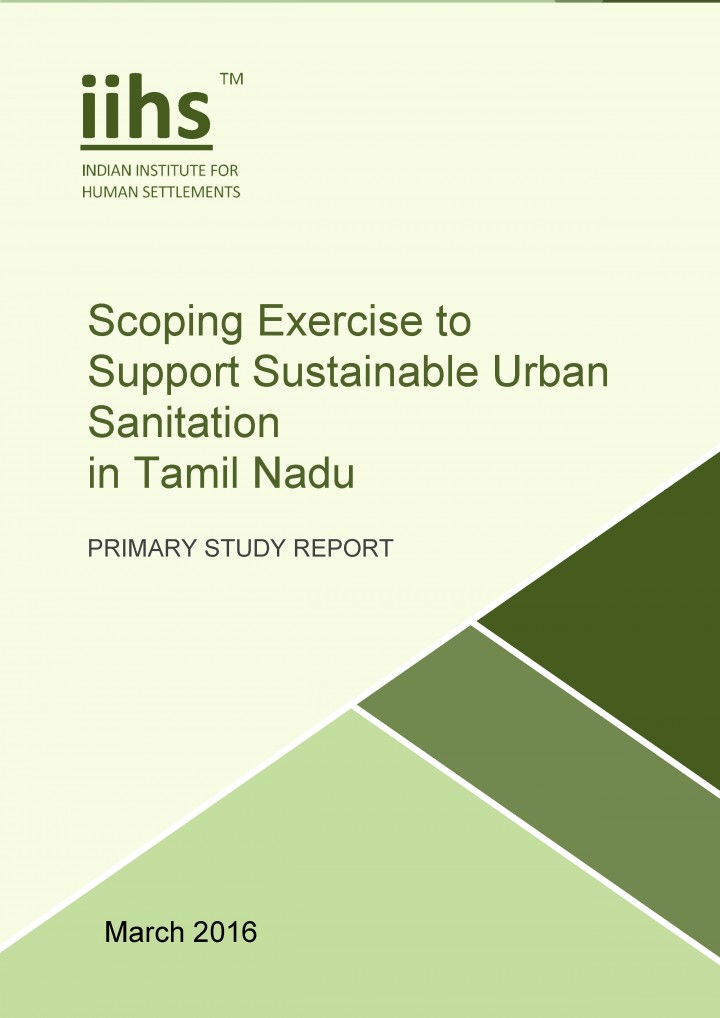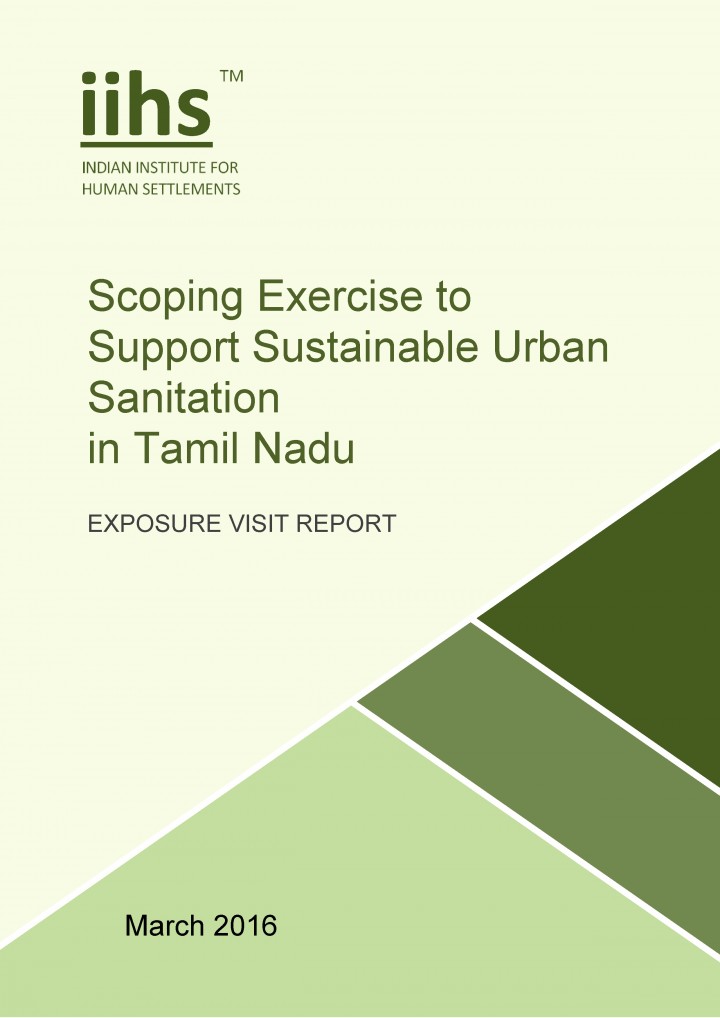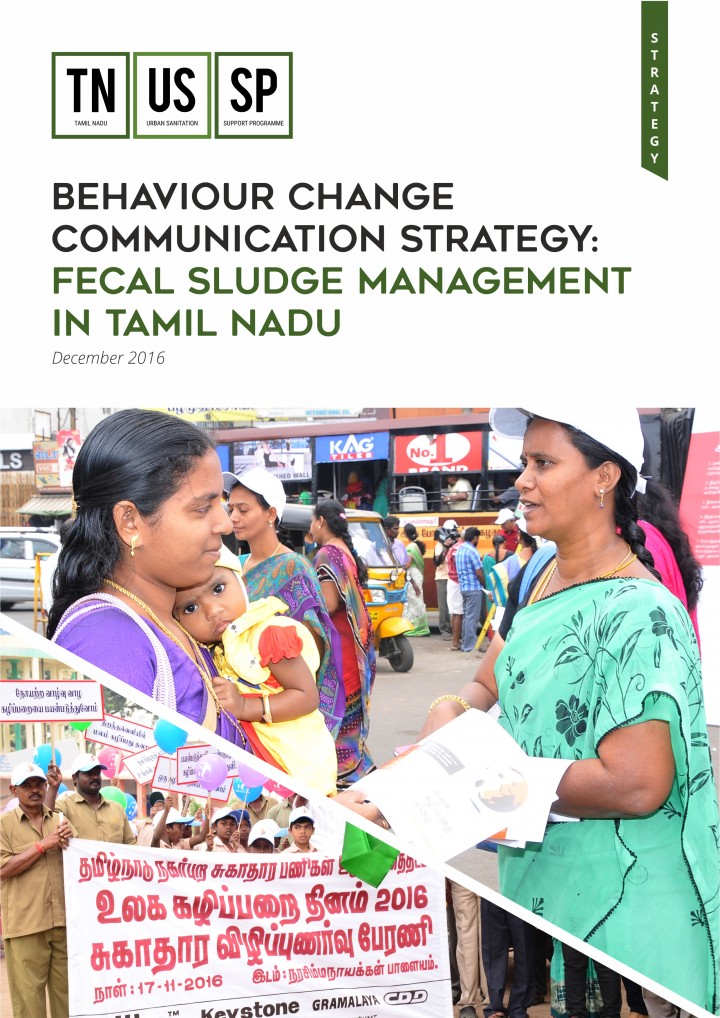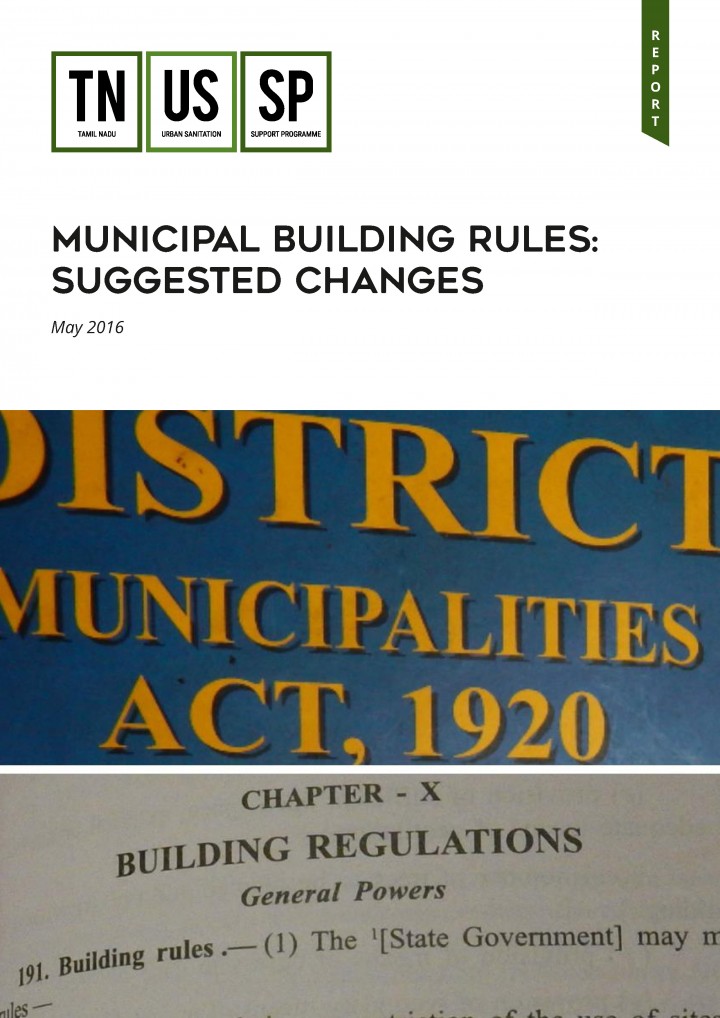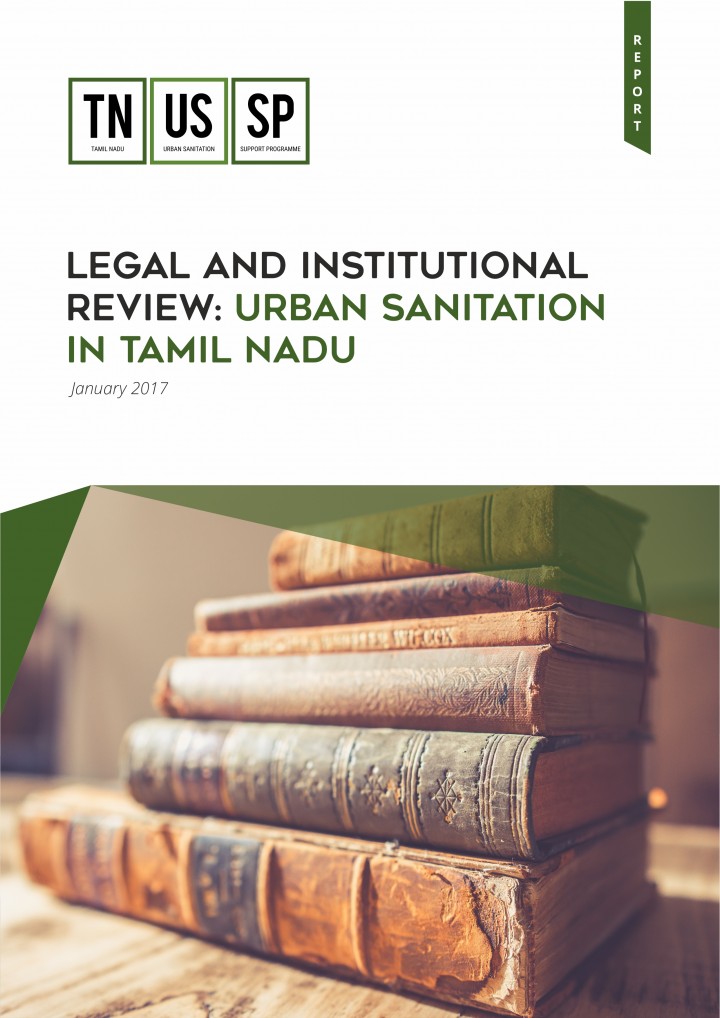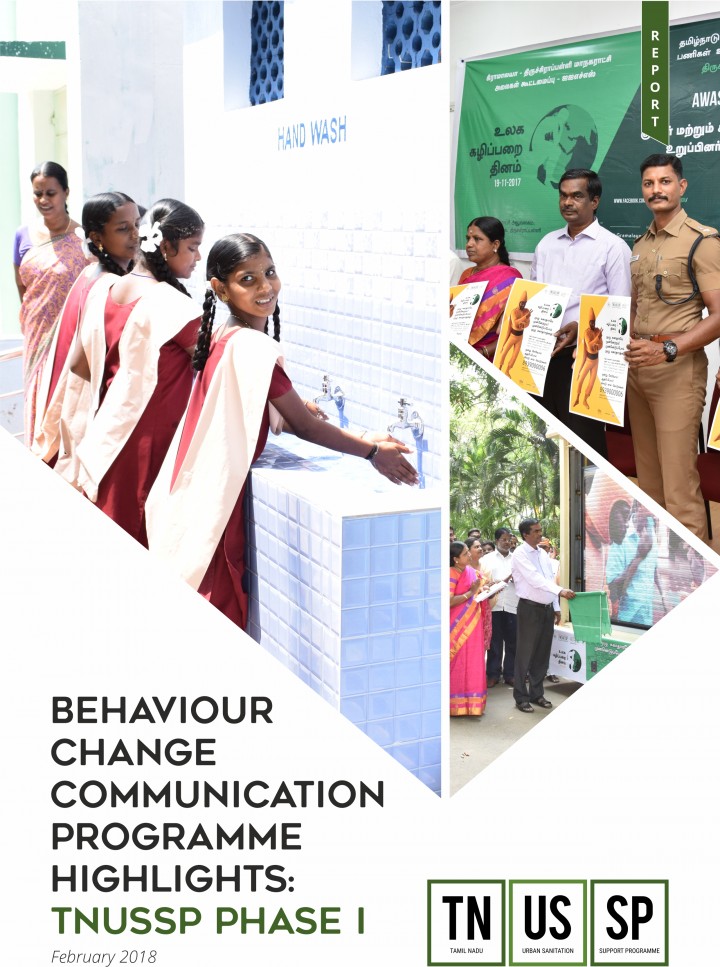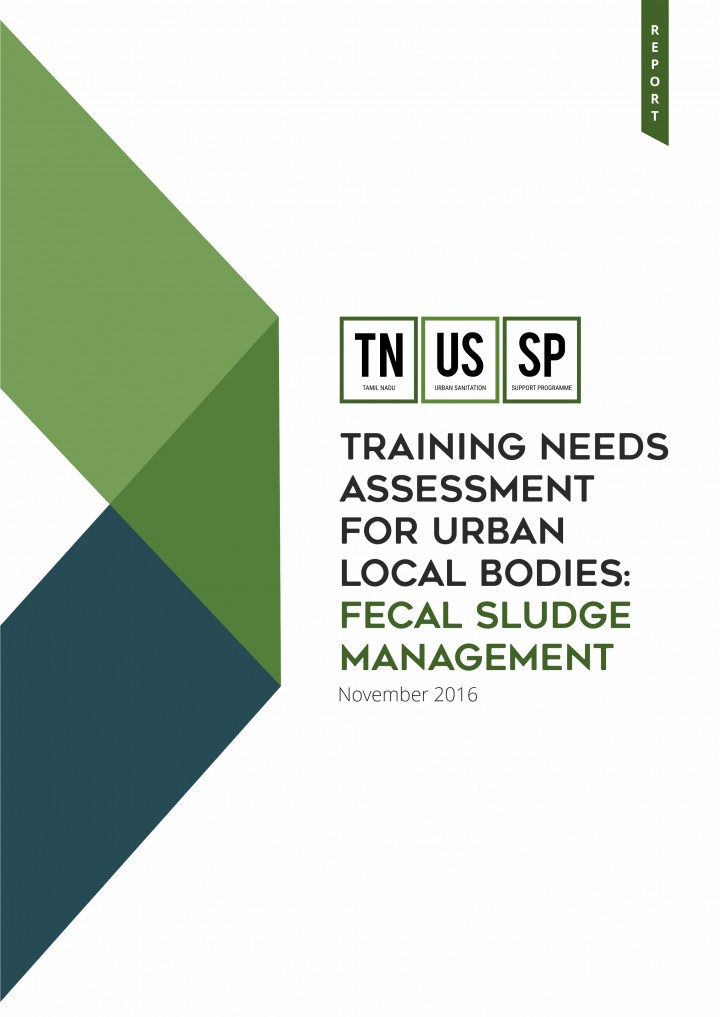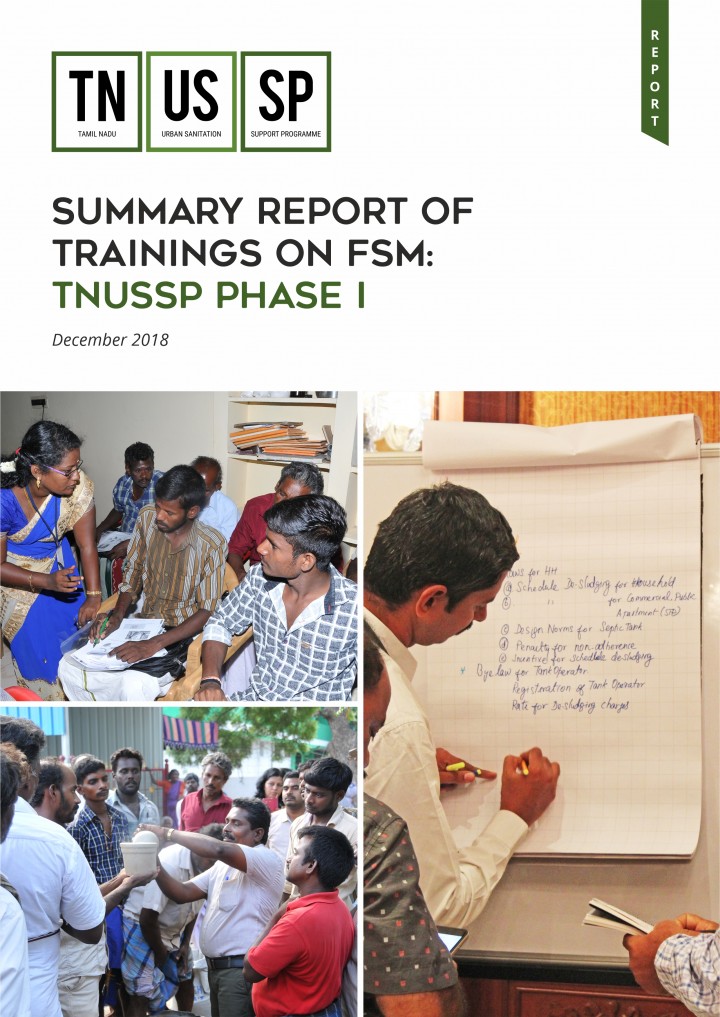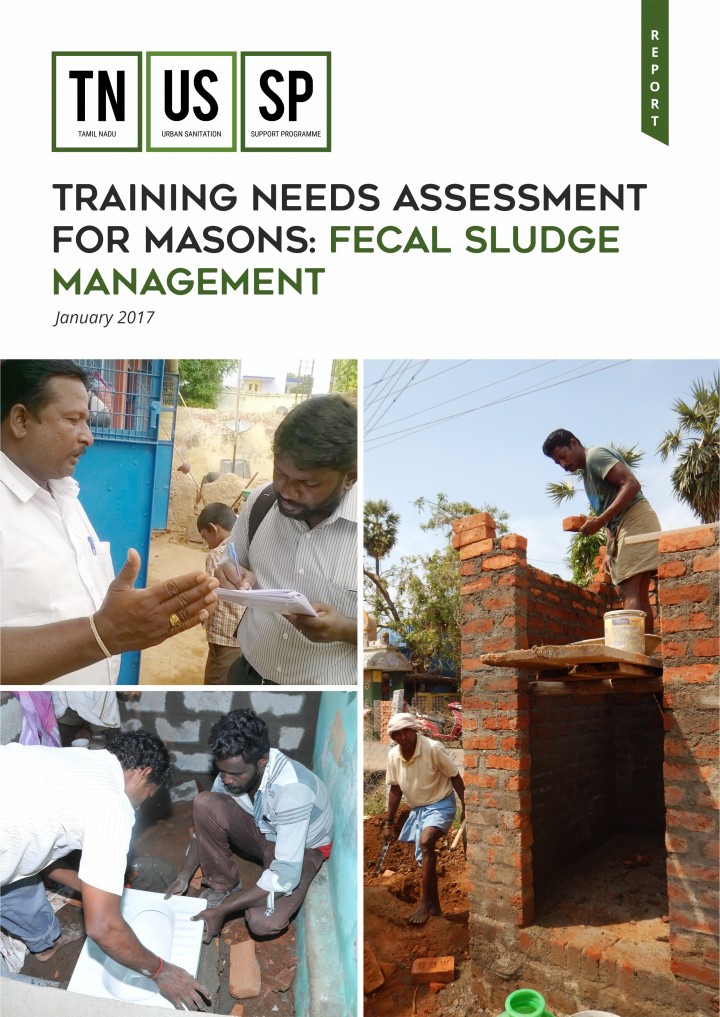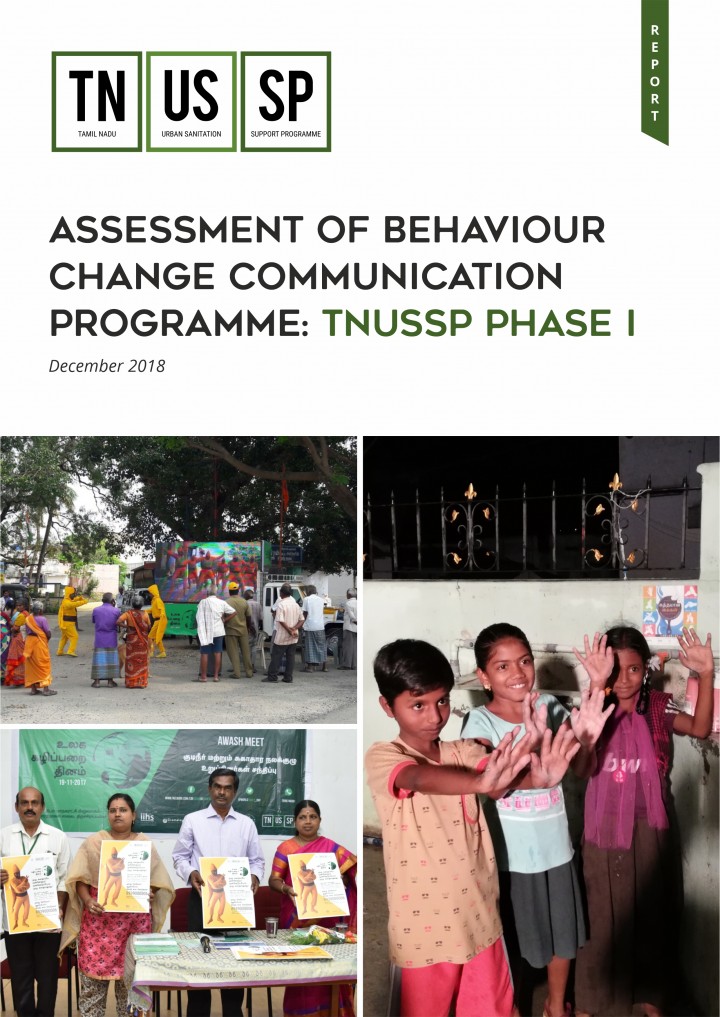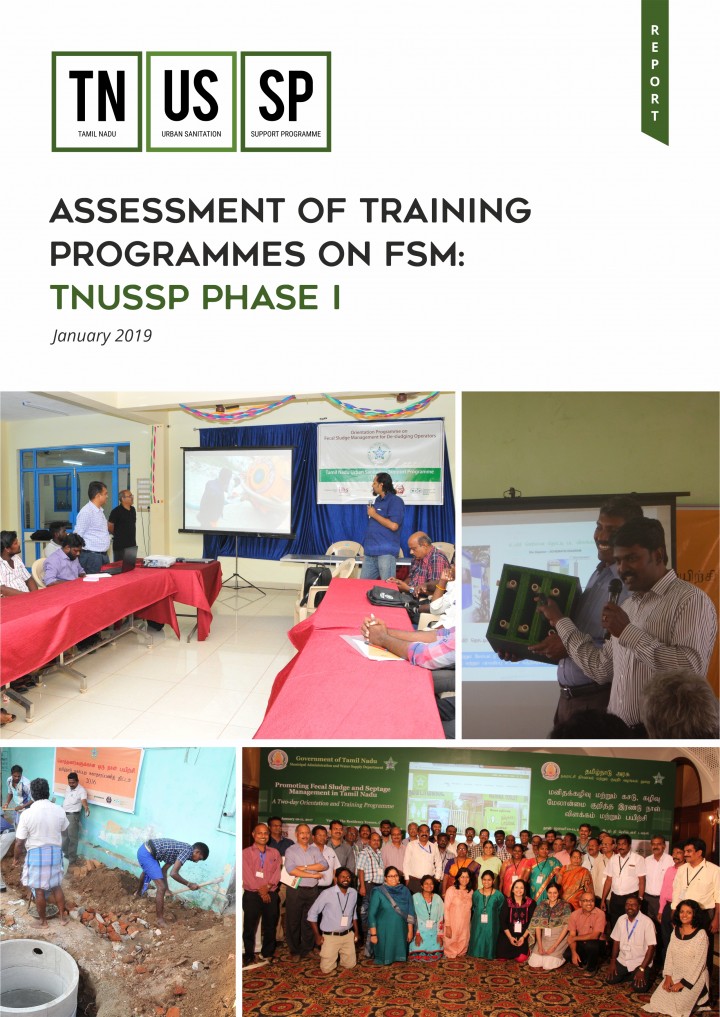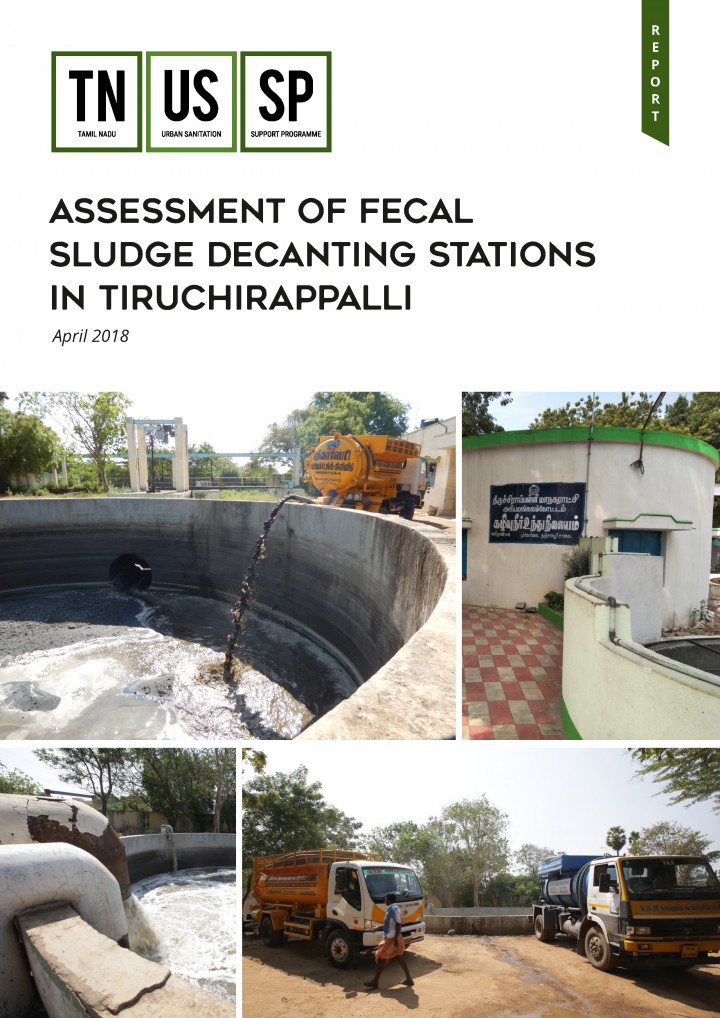Searching for information on Sanitation Workers?
The Sanitation Workers Knowledge + Learning Hub is the best source for all current news, trends, articles and updates on sanitation workers rights around the world.
This report presents results of the project 'Circular economy in sanitation for agriculture – Faecal sludge management with cocomposting for vegetables cultivation in the Nilgiris', which started in 2017 and is funded under the Securing Water for Food programme and the FINISH Mondial programme.
This report details the monitoring and evaluation of the recent innovation by WASTE among the small-scale farmers of the horticulture district of Nilgiris in the state of Karnataka in July 2019. Fifty independent farmers were selected for interviews through a random sampling with a mix of male and female headed households. Criteria was established to assess household income, crop yield, water …
Chandragiri Municipality is located in Kathmandu District in Province No. 3 of Nepal with a total population of 85,198 residing in 20,532 households. The main sources of drinking water in Chandragiri Municipality are public taps, household bores and wells. Majority of the households are dependent on public water supply. The majority of the population use lined tanks with impermeable walls and …
Budhanilkantha Municipality is located in Kathmandu District in Province No. 3 of Nepal with a total population of 153,303 people residing in 32,039 households. Most of the population are dependent on the sewer system followed by fully lined tanks, lined tanks with impermeable walls and open bottom, septic tanks, user interface directly connected to open drain and lined pits with semi-permeable …
Bhaktapur Municipality is located in Bhaktapur district of Province no.3 of Nepal. The total number of people is 81,748, living in 17,639 households. Majority of the population of Bhaktapur Municipality are dependent on public water supply and their own source such as well and tap water. Mostly, the population of Bhaktapur Municipality
are dependent on sewer system followed by fully lined tanks, …
Bangalore, the capital city of Karnataka is the third largest city and the fifth largest metropolitan area in India and is fast growing. It is a centre for education, IT and biotechnology, advanced health care and is home to many more Multi National Corporations (MNCs) which attract people to the city. As per Census 2011, the population of Bangalore City was about 8.5 million. Overall, the SFD …
This guide describes commonly available MHM materials, its advantages and disadvantages to enable practitioners to choose what materials might be adequate for their target population and their context.
For each menstrual material, the environmental, health, and financial aspects are highlighted in individual tables – along with considerations of availability, user experience, and standards …
This Programming Guidance outlines essential parts of MHH programming, characteristics of good programming and examples of good practice.
It features 5 main sections:
- A global opportunity: explaining the global interest in supporting MHH
- Programm design: principles, government leadership, situation analysis, theory of change, costs
- Core package of interventions: framework of essential …
This publication is intended to deepen the understanding of the biological nature of the menstruation phenomenon in order to reclaim and restore the pride and confidence that should naturally be a part of it. Managing menstruation hygienically with linked sanitary facilities is an important aspect of life – the practical dimensions of which this publication also aims to facilitate – resulting …
This resource provides you with a framework for making your work more inclusive and includes tools you can use to put the theory into practice. There are so many tools available it can be hard to know which ones to choose and when to use them. This resource brings together tried and tested resources that will help you embed equality, non-discrimination and inclusion in your work.
The main aim of this study originated from a request by the National Implementation Committee for Effective Integrated Wastewater Management – NICE to review and update the previously developed list of Hot Spots. Hot Spots are defined as areas where groundwater resources, through leakage of domestic wastewater from cesspools, septic tanks, or sewage networks or through inappropriate handling of …
This study will give an overview on the actual amounts of TWW and existing reuse practices in Jordan. By using Geographical Information Systems 33 centralized wastewater treatment systems that serve communities bigger than 5000 PE have been mapped and the actual amount and quality of TWW (about 163 MCM in 2018) and its reuse is discussed, and the best practice examples for the reuse of TWW and …
The secondary review of urban sanitation in Tamil Nadu provides a situational analysis of the water and sanitation situation in urban areas of the State, situated in the context of economic growth, demographic change, natural resource endowments and their historical utilisation character. This study draws mainly from available secondary literature and data from government and other public …
With a view to scope the tasks under the Tamil Nadu sanitation mission, IIHS carried out a scoping exercise in 2015 to gain an in-depth understanding of the current arrangements and practices in the full cycle of sanitation. The study assessed a range of issues across the sanitation cycle including design and construction practices of on-site sanitation systems, septage collection and waste …
In India, there is lack of demonstrated successful models with respect to FSM. Government stakeholders gaining exposure to robust FSM models in another developing country was envisaged as one of the key preparatory steps for the development and operationalisation of effective FSM systems in Tamil Nadu. This report presents the preparatory work undertaken to organise exposure visits for Government …
In Tamil Nadu, currently, a range of behaviour deficits exist along the full cycle of sanitation at the stages of access, containment, emptying, transport, treatment and re-use/disposal. However, communication strategies in the sanitation sector have been largely limited to promoting hygiene behaviours such as handwashing or stopping open defecation by promoting the use of toilets. While these …
In order to effect improvements across the sanitation chain, an assessment was undertaken of the existing practices with respect to on-site containment structures. While already existing on-site structures need to be surveyed to ensure compliance with sanitary requirements, and enforcement in this regard has been taken up by ULBs in Tamil Nadu, another intervention identified was improvements to …
In order to achieve 100 percent sanitation and improve public health outcomes in urban Tamil Nadu, TNUSSP undertook a legal, regulatory and institutional review across the sanitation chain. This review mapped the institutional arrangements, laws, and regulations that govern sanitation in the State. This report provides a summary of the review along with the key areas for improvement and a road …
BCC is a key component of the TNUSSP and seeks to address the issue of behaviour change through a range of approaches, of which communication campaigns and activities, targeted at appropriate segments, is an important part. This document broadly outlines the communication campaign and activities conducted at Tiruchirappalli, PNP and NNP.
As part of the capacity building initiatives, a Training Needs Assessment (TNA) of officers in the Urban Local Bodies (ULBs) was conducted. The study was conducted at selected ULBs in the State, with an aim to identify the current capacity of the organisations to implement FSM. The TNA focused on the institutional, administrative, financial and human capacity of the ULBs and assessed the existing …
Capacity building initiatives are one of the key approaches followed by TNUSSP to effect changes across the entire sanitation chain. As part of this, orientation and training programmes were held for a range of stakeholders such as officers at the state level and of Urban Local Bodies, engineers, masons and desludging operators. This report presents details of the training/orientation programmes …
The Training Needs Assessment of masons was conducted to identify the required training needs based on the current levels of education and training of masons, their current level of knowledge and practices in toilet construction, and the construction of on-site containment structures. The findings from the study provide an insight in to the knowledge and practice gaps of masons and help identify …
As part of the BCC component during Phase 1 of TNUSSP, a range of activities were undertaken in Tiruchirappalli and PNP – NNP. This included activities with general public, school children, sanitary workers and with Government officers of the ULBs. An assessment was carried out to understand the effectiveness of these activities, the findings of which are presented in this report.
Capacity building initiatives and programmes were conducted for a range of stakeholders – Government officers, engineers, masons and desludging operators. An assessment was undertaken to see the impact of these programmes on the stakeholders and if they have been able to apply new learnings in their work environment. This report presents the findings of the assessment.
The Sewage Treatment Plant at Tiruchirappalli has been used for co-treating fecal sludge by utilizing pumping stations as receiving/decanting stations. An assessment was carried out at the decanting stations in Tiruchirappalli with an objective to check the adequacy of existing facilities, identify areas of improvement and develop a methodology for feasibility assessment for converting pumping …

